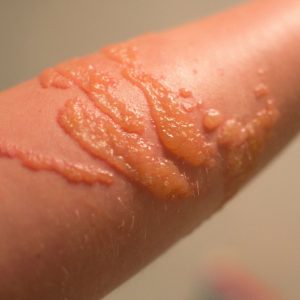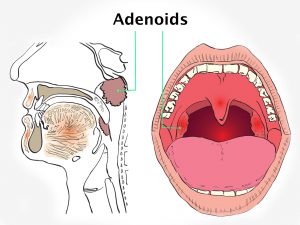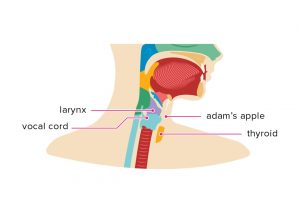Causes and treatment of cough
A reflex action, coughing serves to clear the breathing passage of irritants and excess mucus. Dry or smoky air, vehicle exhaust fumes, chemical vapors, mucus from the nasal passage trickling down your throat, or an allergy or respiratory infection can provoke coughing. A cough may bring up mucus (phlegm), or it may be dry.
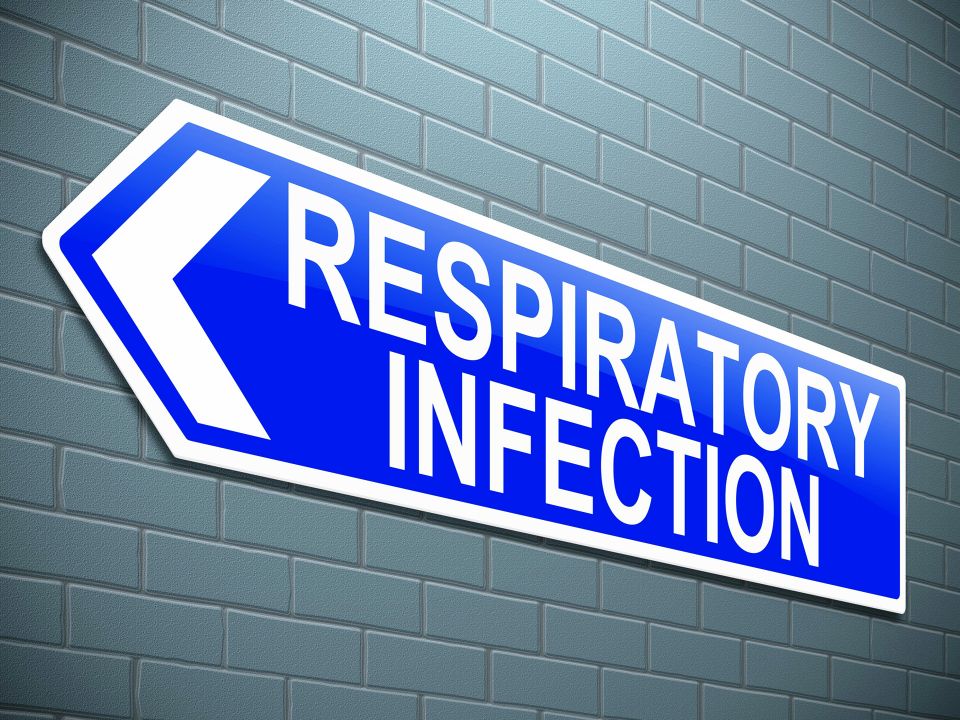
Respiratory infection
The most common cause of cough is an upper respiratory infection, such as cold, flu or bronchitis. The resulting inflammation produces irritation of the lining of the upper airways and sometimes mucus, which you cough up as phlegm. A dry cough may be caused by asthma, which narrows the bronchioles, often as a result of an allergic reaction to the substance in the air, such as pollen or dust. Coughs are more common in winter and in areas with significant air pollution.

Prevention
The most important way to reduce your risk of developing a cough is not to smoke. Avoid smoky atmospheres and insist on a smoke-free working environment. When possible, stay out of crowded public spaces during severe cold or flu outbreaks in your community.
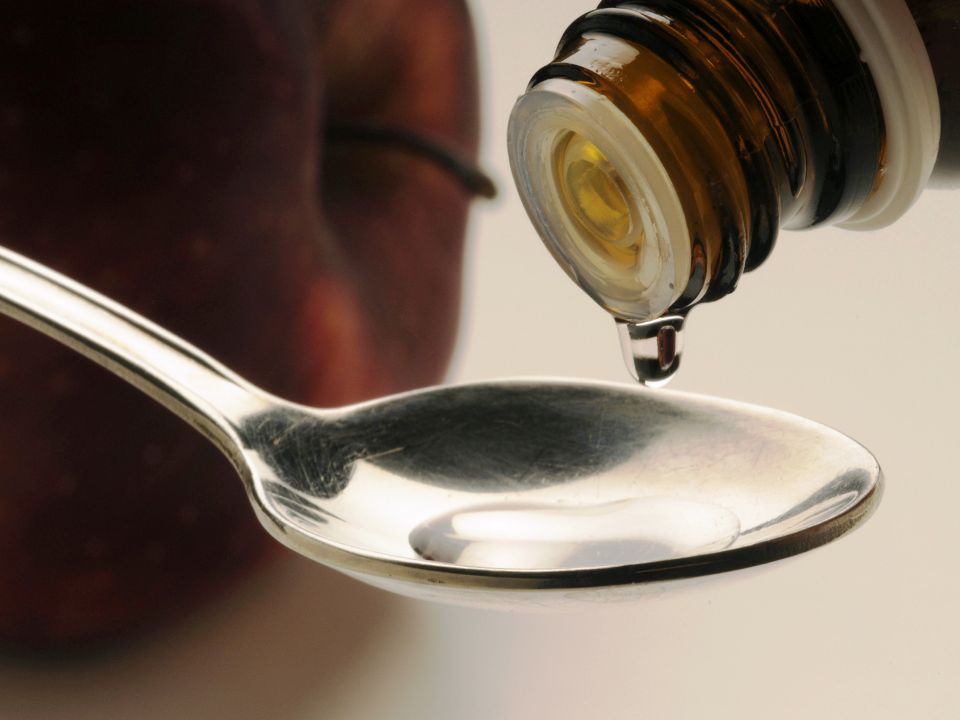
Treatment
If you are bringing up phlegm, don’t take over-the-counter cough medicines that are designed to suppress coughs. Also avoid decongestants, which are intended to dry up the mucus. Instead, you may want to try an expectorant, a remedy that will help to loosen the phlegm. There are many natural types of expectorants available from health food stores and pharmacies. If your cough is dry, try a home remedy to relieve irritation.

Fluids
For all types of coughs, drink plenty of fluids. Choose hot ones in particular. Fruit juice, warm water or hot herbal tea will not only help in a dry cough but also help loosen any phlegm. Avoid drinks containing caffeine and alcohol; however, as these are diuretics flushing fluid from the body via the urine and fluid loss makes mucus harder to cough up. It’s also wise to eat a healthy diet with five servings a day of vegetables and fruits.
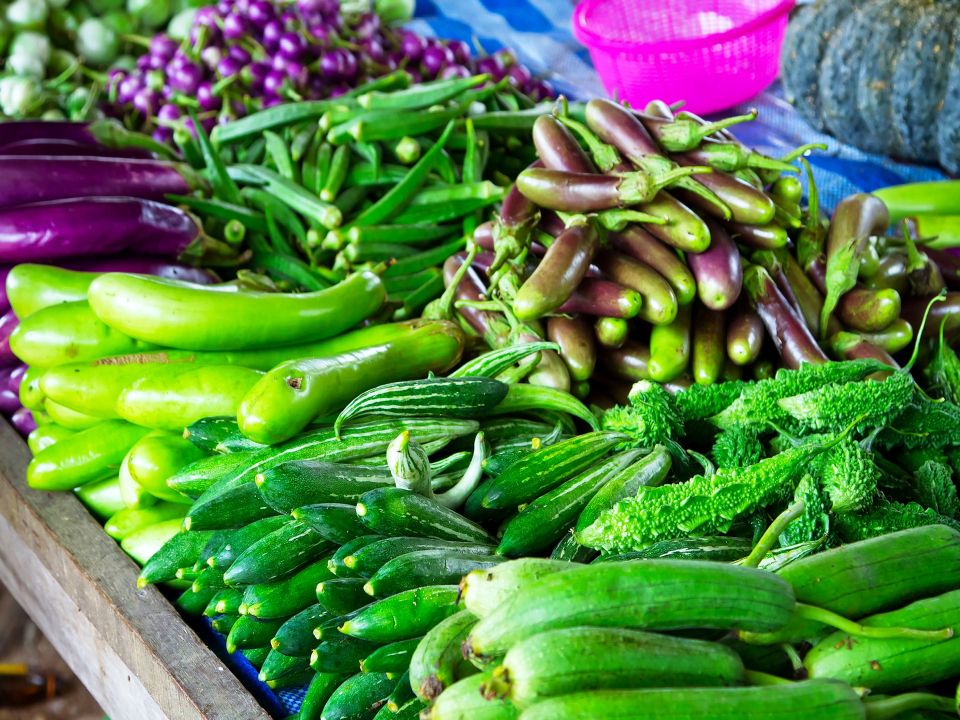
From the green grocer
Many vegetables form the basis of traditional cough remedies, such as juices, teas and poultices.
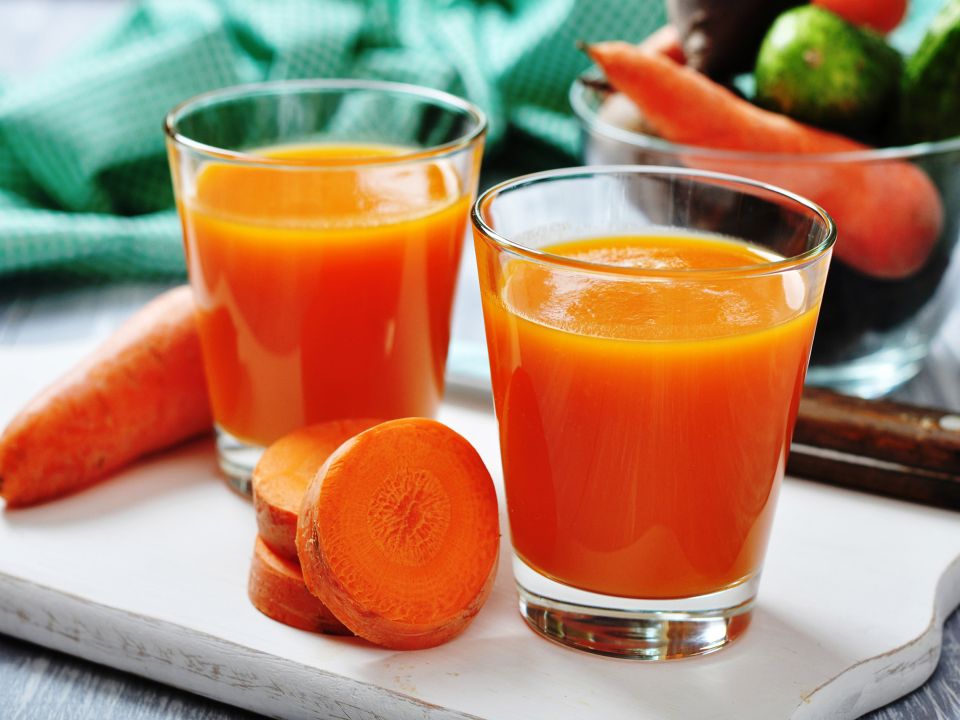
Juice up
Make juice from carrots, which help shift phlegm, or from turnips, which boost immunity and have an antiseptic effect on the respiratory system. To draw out the juice from a turnip, slice and cover with sugar for a few hours. Squeeze boiled leeks through a clean cloth to extract their juice. Drink the juice sweetened with honey according to taste.

Benefits of onions
Slice a raw onion, drizzle honey over it and leave overnight. The next day, take two teaspoons of the juice from the onion every two hours. Or substitute three or four cloves of finely sliced garlic for the onion, and take a teaspoon every two hours.

Special causes of coughing
Coughing in babies and toddlers may be caused by bronchitis. Acute bronchitis results from a viral or bacterial infection. Viral bronchiolitis generally produces a mild cough, with minimal or clear phlegm. Bacterial bronchiolitis, which requires antibiotics, may cause a more severe cough with thick green or yellow phlegm. Chronic bronchitis, which involves a persistent phlegm producing cough, is nearly always associated with smoking. Viral or bacterial infections of the lung, such as pneumonia or tuberculosis, may cause a painful, phlegm producing cough.












